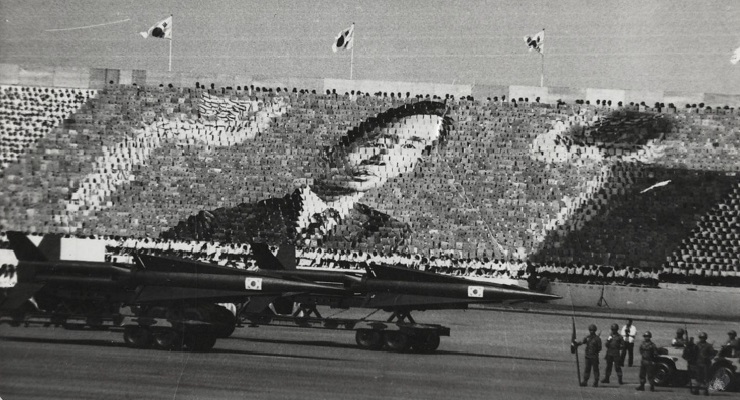From Al Jazeera:
This year marks 30 years of democracy in South Korea. Violent protests in 1987 paved the way for the transition from military rule. Earlier this year, many peaceful demonstrations led to the removal of President Park Geun-hye.
But many say democracy is still a work in progress. Al Jazeera’s Florence Looi reports from the capital, Seoul
More from Quartz Media:
In January 1987, a student from the prestigious Seoul National University died under police custody for suspected pro-communist activities. The incident sparked months of protests in South Korea, which was under military rule at the time. Later that year, the country held its first direct presidential elections in almost three decades.
Three decades on, the months-long street demonstrations which finally culminated in the impeachment of disgraced former president Park Geun-hye last Friday suggest that democracy is intact and healthy in Korea—even an object of envy for Americans resisting the Donald Trump administration.
Kim Sun-chul, an assistant professor specializing in Korea’s democratization at Emory University, said that the protests leading to Park’s ouster were a “thing of beauty,” but also noted the sheer scale of “the destruction of democracy” under Park’s rule, which began in 2012, as well as that of her predecessor, Lee Myung-bak, who came to office in 2008. The progressive Hankyoreh newspaper accused Park of “turning the clock of democratization back to the 1970s.”

Leave a Reply